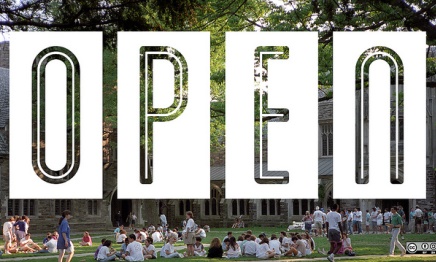New realities for publishers

Sander Dekker referred to the VSNU taking a stance on Elsevier in the negotiations over a new contract with the academic publishers. This week, a number of linguistic journals decided to organize themselves independent from the large publishers. He welcomed the initiatives of European universities gathered in LERU to join forces towards Open Access in research.
Ground-breaking impact
“The fact that all LERU members now let go of the old subscription-based models with big deals and clearly choose for models based on Open Access, perfectly fits with the Dutch Open Science policy. In this policy results of publicly funded research must be available free of charge for everyone. This will be a priority during the Dutch Presidency of the EU in the first semester of 2016.”
Carlos Moedas stresses that the world is witnessing a shift in how we are conducting science. This will affect not just students, researchers and industry, but publishers as well. “Every part of the scientific method is nowadays becoming an open, collaborative and participative process. Can publishers afford to stay out of that trend? I believe that much efforts need to be done by the main publishers to adjust their business models to the realities of the 21st century.”
This means organizations like Elsevier cannot afford to stay behind. “Digital technologies inevitably have the same ground-breaking impact on scientific publishing as they have already had on the media, music, film and telecommunication industries,” Moedas concluded in his statement.
Meest Gelezen
Vrouwen houden universiteit draaiende, maar krijgen daarvoor geen waardering
Hbo-docent wil wel rolmodel zijn, maar niet eigen moreel kompas opdringen
Wederom intimidatie van journalisten door universiteit, nu in Delft
‘Waarom het nu niet lukt om medezeggenschap in hbo te versterken’
‘Sluijsmans et al. slaan de plank volledig mis’



